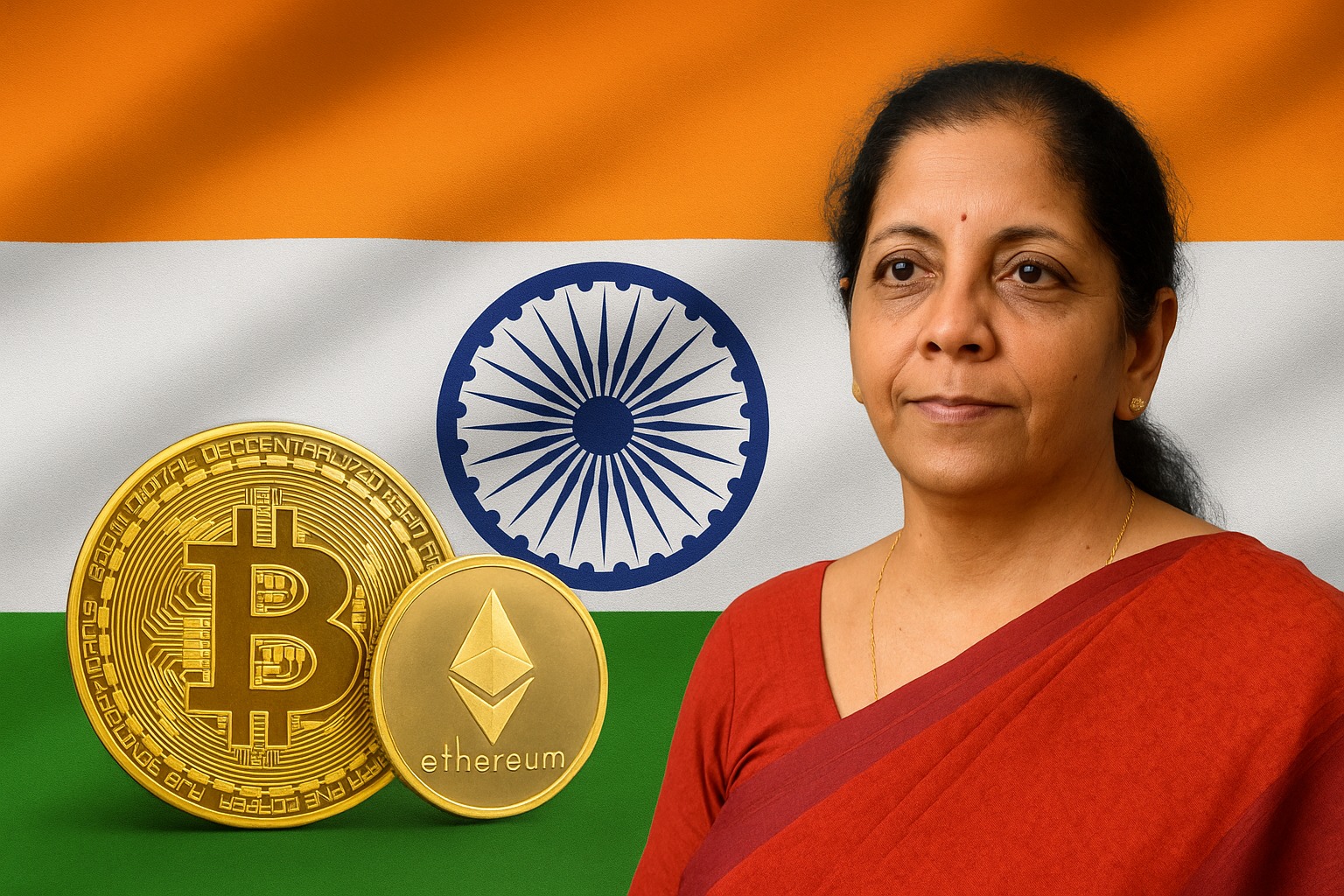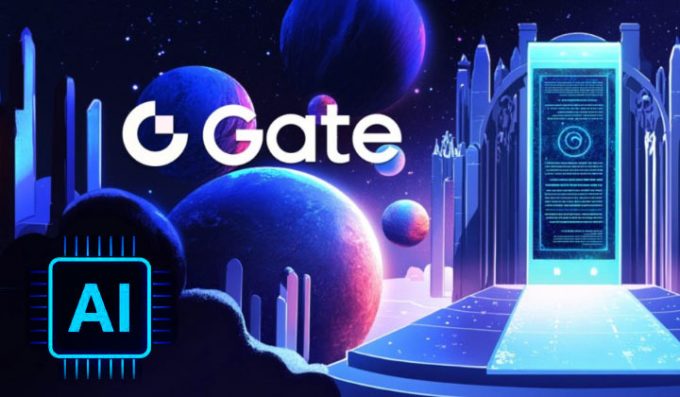In a significant development for crypto regulation, India is set to introduce a comprehensive crypto tax reporting framework aligned with the Organisation for Economic Co-operation and Development (OECD) standards.
Key Highlights
Adopting the OECD’s Crypto-Asset Reporting Framework (CARF)
Starting April 1, 2027, India will implement the Crypto-Asset Reporting Framework (CARF). This move aims to bring offshore crypto holdings of Indian residents under formal tax supervision.
Signing of Multilateral Competent Authority Agreement (MCAA)
The government plans to sign a dedicated MCAA for crypto tax information exchange in 2026, expanding upon its earlier 2015 agreement that covered only financial account data.
Preparation Underway
Legislative reforms and tech infrastructure upgrades are already in progress to ensure seamless integration ahead of the 2027 deadline.
OECD’s Global Push for Crypto Transparency
The CARF, introduced in March 2022, mirrors the Common Reporting Standard (CRS) but is specifically tailored for crypto-assets.
It covers:
-
Exchanges
-
Wallets
-
Stablecoins
-
NFTs
-
DeFi platforms
-
And more
Rationale: Enhancing Tax Oversight & Compliance
Experts describe India’s move as a critical step to curb offshore tax evasion, reinforce fiscal sovereignty, and promote fairness in the crypto ecosystem.
Evolving Local Enforcement
India’s tax authorities are already strengthening oversight.
-
₹437 crore collected from crypto transactions using AI and data analytics tools.
Current Crypto Tax Landscape in India
-
30% flat tax on retail crypto gains.
-
1% TDS mandatory on every transaction.
-
Schedule VDA reporting mandatory from FY 2025–26.
-
Additional scrutiny includes:
-
GST on trading.
-
Restrictions on loss offsetting.
-
Stronger investigative capabilities.
-
Why It Matters
India’s alignment with the OECD’s CARF means:
-
Greater transparency for offshore crypto assets.
-
Improved global tax data-sharing.
-
Pressure on crypto service providers to maintain standardized records.
-
A more level playing field for domestic vs. foreign crypto platforms.
















